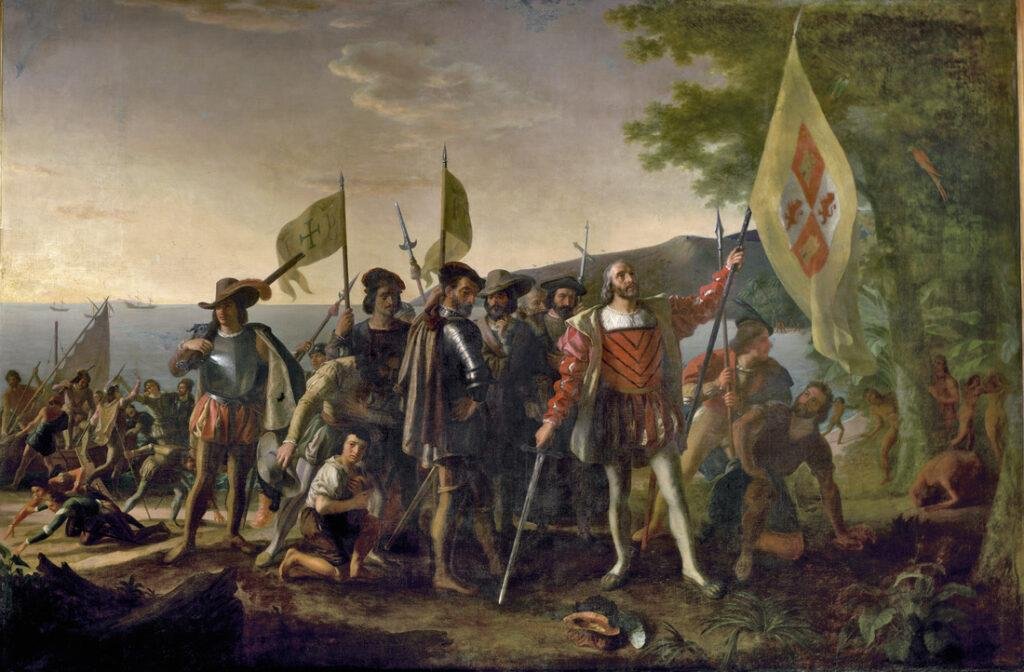The Age of Exploration refers to the period of European history between the 15th and 17th centuries when European explorers traveled around the world in search of new trade routes, territories, and resources.
It was a time of great technological advancements and curiosity, and it laid the foundations for the modern world as we know it today. One of the most significant events of the Age of Exploration was the discovery of the New World.
The New World refers to the Americas, which were unknown to Europeans prior to the late 15th century. In 1492, Christopher Columbus, an Italian navigator, set sail on a voyage to find a new trade route to Asia, but instead, he discovered the Caribbean islands and the mainland of Central and South America.

Columbus’s discovery was a turning point, opening new trade and colonization opportunities for Europe.
The Spanish established Santo Domingo on Hispaniola in 1496, the first New World colony. From there, they quickly spread out also conquered other territories, including Mexico and Peru.
The Spanish conquest brought diseases, forced labor, and cultural destruction to indigenous peoples.
Other European powers soon followed the Spanish in colonizing the New World. The Portuguese established colonies in Brazil, while the French, Dutch, and English established colonies in North America.
European powers sought economic gains, establishing colonies to exploit New World resources like gold, silver, sugar, tobacco, and furs.
The discovery of the New World had a profound impact on the world economy. Gold and silver influx caused European inflation, while sugar and tobacco enriched plantation owners.
Enslaved Africans provided labor for profitable plantations, becoming a large and profitable industry.
The discovery of the New World also had a significant impact on the world’s ecology. The introduction of new crops and animals from Europe led to major changes in the ecosystems of the New World. While the exploitation of resources led to deforestation, soil erosion, and other environmental problems.
The discovery of the New World also had a major impact on world culture. The exchange between Europe and the Americas birthed new art, music, literature, and cuisine.
Spanish language and Catholicism spread in the Americas, also indigenous cultures influenced Europe with their art, music, and knowledge of plants and animals.
The Age of Exploration shifted the geopolitical balance of power through New World discovery. European powers (Spain, Portugal, France, England) vied for New World control, causing numerous wars and conflicts.
Competition for territory and resources in the New World fueled nationalism and modern nation-state development.
The Age of Exploration profoundly affected the indigenous peoples of the Americas. The conquest and colonization of the Americas devastated countless indigenous peoples, their cultures, and their ways of life.
Indigenous peoples persist in fighting for their rights and cultural preservation, reflecting the impact of their historical legacy.
Conclusion
The Age of Exploration and the discovery of the New World was a pivotal moment in world history. It led to the establishment of new trade routes, the colonization of new territories, and the exploitation of new resources. 온라인카지노




